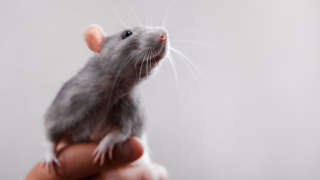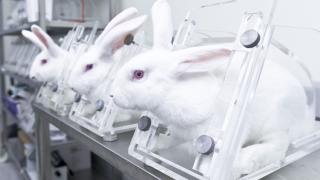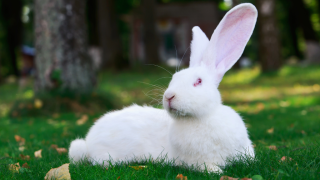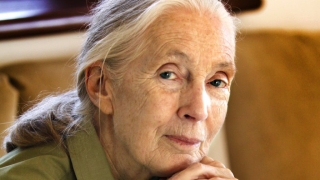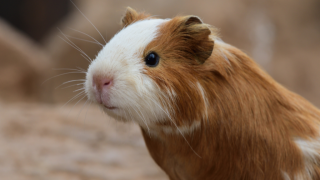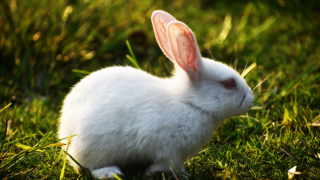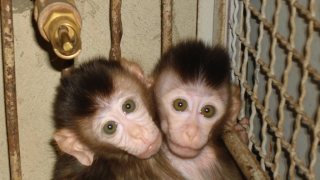The University of Cambridge has been ordered to release information on sheep research requested by Cruelty Free International under the Freedom of Information Act.
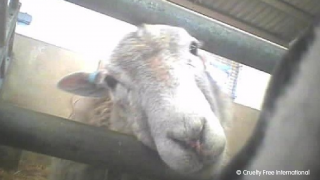
Last year, Cruelty Free International asked Cambridge for information on their research into Batten’s disease and hypoxia, both using sheep. The University refused, arguing that releasing details about the possible negative effects of the experiments on animals would lead to increased protest and activism, which could prove threatening to staff and students.
But, following an appeal, the Information Commissioner’s Office has agreed that the University’s complaints were not valid as its researchers had already advertised the research in publications and online, including contact information and links to the studies’ results.
Michelle Thew, Cruelty Free International CEO said:
“We welcome the recognition by the Information Commissioner that university researchers cannot simply hide behind safety and confidentiality exemptions - especially when they have publicly identified themselves with the research and extolled its alleged benefits.
They cannot control what the public gets to see. It is essential for informed public debate - about the ethics and the science - that as much information about what exactly happens to animals and why is available. That is how science progresses.
Some of the research on sheep at Cambridge - for example, starving them of oxygen - raises very serious welfare concerns. The public has every right to know what is done with their money.”


